As Wealthy Give Smaller Share of Income to Charity, Middle Class Digs Deeper
The Chronicle of Philanthropy

The wealthiest Americans—those who earned $200,000 or more—reduced the share of income they gave to charity by 4.6 percent from 2006 to 2012. Meanwhile, Americans who earned less than $100,000 chipped in 4.5 percent more of their income during the same time period.

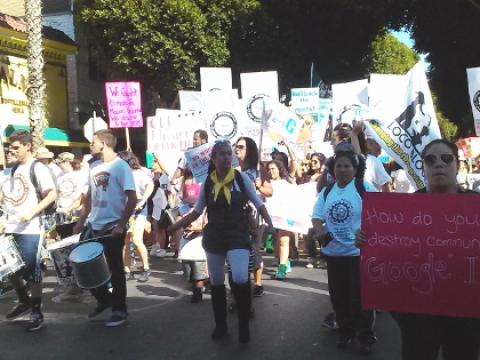
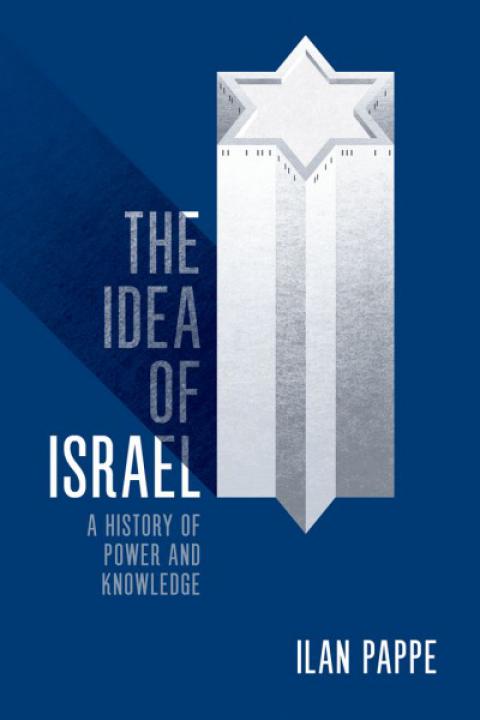
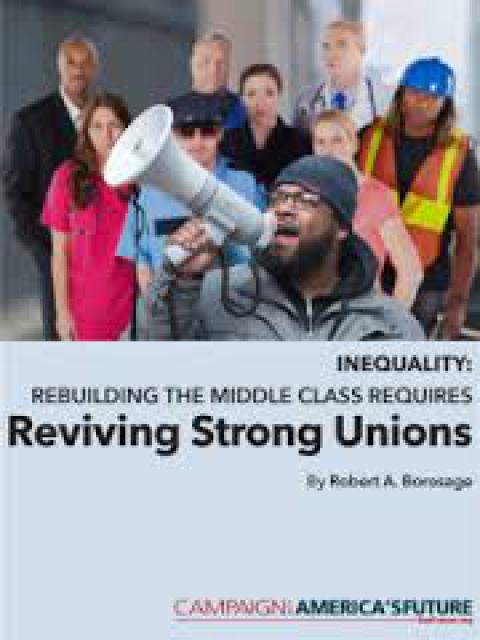

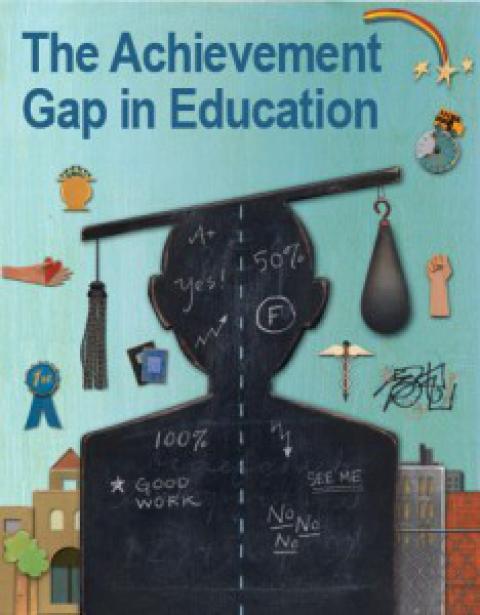

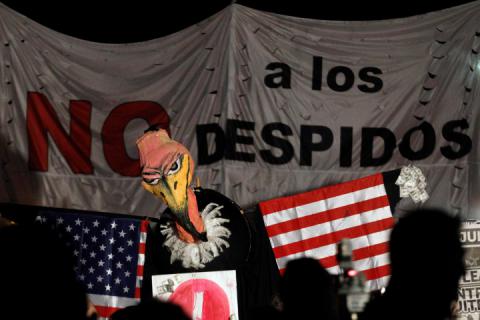
Spread the word